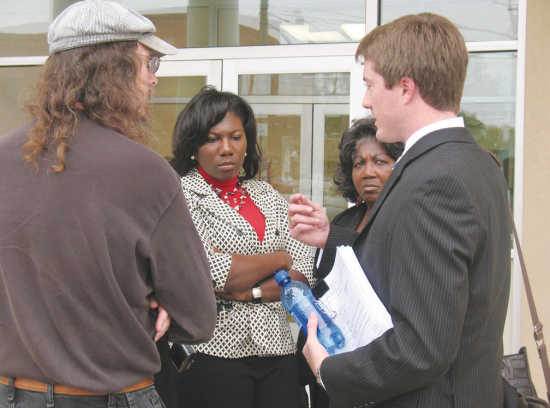Dr. Towanna Freeman
One in every four women will experience domestic abuse in her lifetime, women 20 to 24 are at the greatest risk, and most cases of domestic abuse are never reported to the police. Victims of domestic abuse often feel as though no one will believe them, or they think they have nowhere to go for help. Domestic abuse is a pattern of behaviors used to control and dominate someone. Domestic abuse comes in many forms; the most common includes criminal behavior such as physical assault, sexual abuse, and stalking, as well as noncriminal behavior including emotional and psychological abuse. An abuser can be a spouse, former spouse, or any other person who is a present or former household member.
The following are a few red flags that should be taken seriously: jealousy, isolation, threats of violence, verbal abuse, controlling behavior, does not respect privacy, and disrespects others. If someone you know demonstrates one or more of these characteristics on a consistent basis, he or she has the potential of being an abuser. Often these red flags are not obvious at the start of any relationship, but if you see these characteristics get out of the relationship and seek help immediately. Here are some steps you can take to help a friend experiencing domestic abuse:
1. Tell your friend, “I see what is going on.”
2. Tell your friend, “Abuse is not their fault and it is not normal.”
3. Tell your friend, “You deserve a healthy non-violent relationship.”
4. Tell your friend, “The number to the National Domestic Violence Hotline is 1-800-799-7233.”
5. Ask your friend, “How can I help support you?”
Everyone has the power to prevent domestic abuse not just those who are directly affected. The proactive actions of a bystander in the prevention of domestic abuse send a powerful message to both the victim and the abuser.
To report domestic abuse or learn about prevention and services call the National Domestic Violence Hotline at 1-800-799-7233. Help is available 24 hours a day, 365 days a year.









